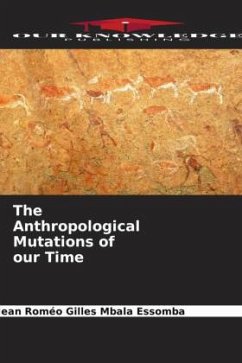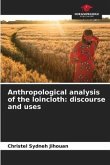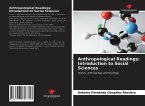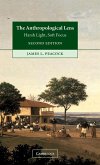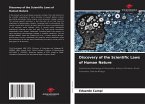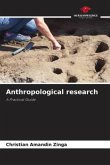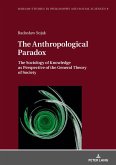The question of the definition of man is very old. Its origin in time is very little known. This is due to the difficult universalization of the theories that determine his knowledge. However, the history of Western philosophy reminds us that its first definition was proposed by Socrates. It is marked by his permanent desire to understand the message engraved on the pediment of the temple of Delphi, from which the famous formula of "know thyself" is taken. His reflection gave rise to an awareness of his ignorance. And it is it which disposes him to know the things and to practice the virtue. But, what is to be retained in the Western philosophical tradition is that, man is a two-dimensional being, because he is constituted of a psyche, that is to say a soul (spirit), and a soma, that is to say a body. Such a conception of human nature is contrary to that of Edgar Morin, French philosopher and sociologist, and at the same time founder of the complexity paradigm. He conceives of the human being from what he calls "fundamental anthropology". To the question of knowing what man is, he answers that he is an "anthropo-cosmic" being
Bitte wählen Sie Ihr Anliegen aus.
Rechnungen
Retourenschein anfordern
Bestellstatus
Storno

